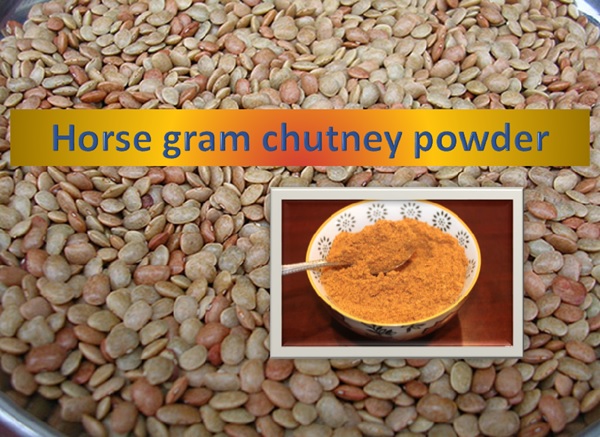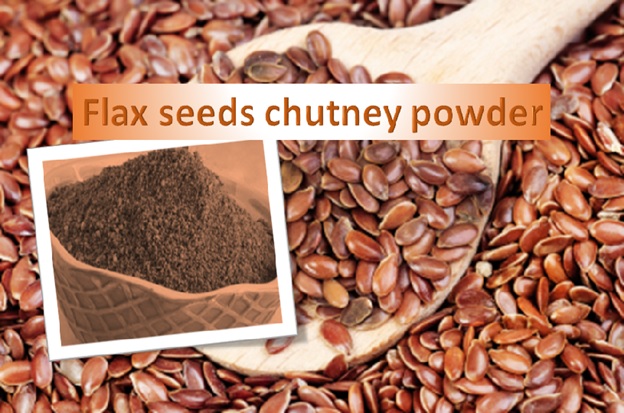Summer is here and it means time to swim! Swimming is not only fun but is also a terrific exercise for all. Kids love to swim with their friends and it is also a preferred family sport. Many have swimming pool at home or parents take their children to nearby public swimming pools. While swimming can be fun, it is a huge responsibility for parents. It is important to teach kids to be safe in and around swimming pool and parents need to learn and teach kids safety about swimming. Help your kid to swim safely with following tips.
Tell your kids to keep these tips in mind:
1. Keep away from swimming pool water if you have diarrhea
2. Shower before and after you get into the water.
3. Don’t pee or poop in the water.
4. Don’t swallow the swimming pool water.
5. If you are spending more than an hour in the swimming pool, take a break and use restroom.
6. Apply sunscreen for skin protection.
7. Drink plenty of fluids to prevent dehydration in the heat and the sun.
8. Protect your skin. Limit the amount of direct sunlight you receive between 10:00 a.m. and 4:00 p.m. and wear sunscreen with a protection factor of at least 15.
9. Do not go to swimming pool alone or with young friends– go with an adult who can supervise you when you swim. If you are allowed, still always swim with a buddy; do not allow anyone to swim alone.
10. Swim in designated areas supervised by lifeguards.
11. No running! You could slip or trip — hurting not just yourself, but someone else as well.
12. Put toys away. People might trip over them and hurt themselves. No one wants that!
What precautions parents should take for kids swimming in pool?
An adult should actively watch children at all times while they are in a pool. For infants and toddlers, an adult should be in the water and within arm’s reach for touch supervision. For older children, an adult should be paying constant attention and free from distractions, like talking on the phone, socializing, tending household chores, or drinking alcohol. More important, the supervising adult must know how to swim.
1. Educate your children about the dangers of drain entanglement and entrapment and teach them to never play or swim near drains or suction outlets.
2. Pools that pose the greatest risk of entrapment are children’s public wading pools, in-ground hot tubs, or any other pools that have flat drain grates or a single main drain system.
3. For new pools or hot tubs, install multiple drains in all pools, spas, whirlpools and hot tubs. This minimizes the suction of any one drain, reducing risk of death or injury. If you do have drains, protective measures include anti-entrapment drain covers and a safety vacuum release system to automatically release suction and shut down the pump should entrapment occur.
4. Regularly check to make sure drain covers are secure and have no cracks, and replace flat drain covers with dome-shaped ones. If a pool or hot tub has a broken, lose or missing drain cover, don’t use it.
5. If you do have drains, protective measures include anti-entrapment drain covers and a safety vacuum release system to automatically release suction and shut down the pump should entrapment occur.
6. Don’t Rely on they should never swimming Aids: Remember that swimming aids such as water wings or noodles are fun toys for kids. but they should never be used in place of a U.S. Coast Guard-approved personal flotation device (PFD).
7. Check to make sure your pool or hot tub’s drains are compliant with the Pool and Spa Safety Act.
8. Toddlers and babies: You can start introducing your babies to water when they are about 6 months old. Remember to always use waterproof diapers and change them frequently.
Precautions to avoid disaster:
- Never turn your back on a child while she’s in the water — not even for a moment.
- A swimming pool is a ton of fun for you and your kids. Make sure backyard pools have four-sided fencing that’s at least 4 feet high and a self closing, self-latching gate to prevent a child from wandering into the pool area unsupervised.
- When using inflatable or portable pools, remember to empty them immediately after use. Store them upside down and out of children’s reach.
- Install a door alarm, a window alarm or both to alert you if a child wanders into the pool area unsupervised.
- Never dunk a child under 3 — little kids can swallow large amounts of water, which could be dangerous.
- Learn CPR from a designated institute (YMCA or local college that teaches CPR and swimming)
One more critical information all parents should know: If you are taking your kids to nearby recreational water for swimming beware of diseases linked to outbreaks of diarrhea. RWI or recreational water illnesses are caused when germs are spread by swallowing breathing in water or having contact with contaminated water in swimming pools, spas, hot tubs, lakes etc.
.
References:
• Lehigh valley woman magazine, June/July 2017
• http://www.swimmingpool.com
• http://ehstoday.com
Image credit: Image by tookapic from Pixabay (Free for commercial use)









